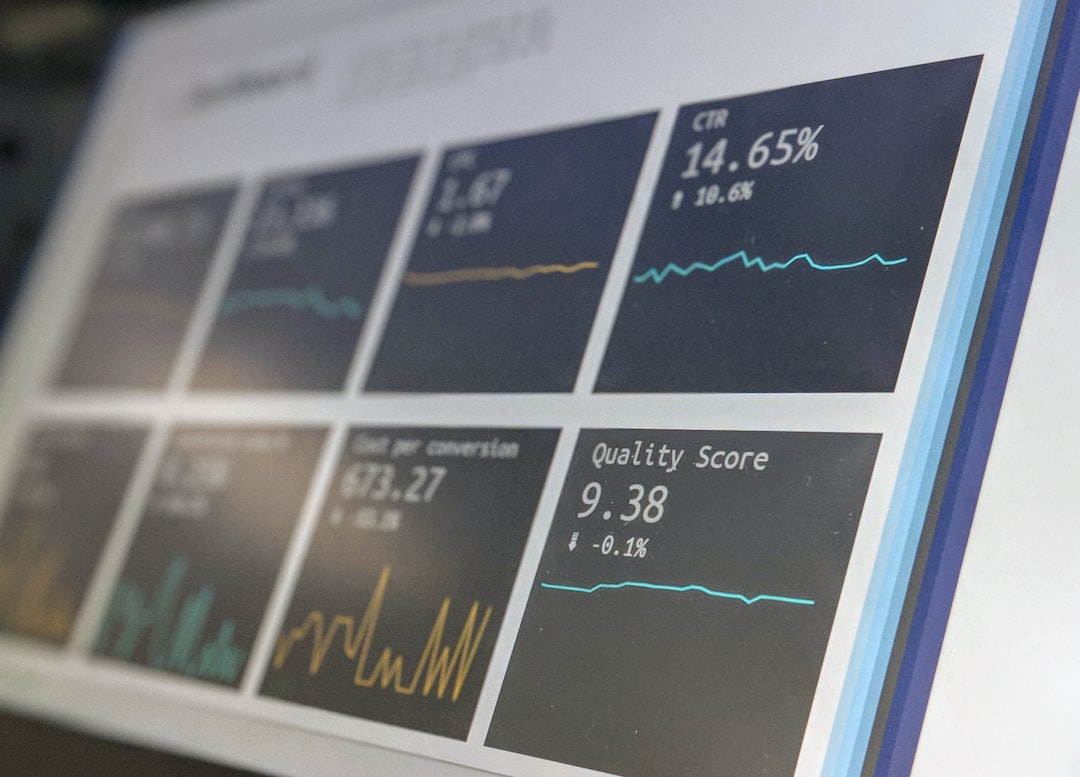
Collaborative Data Management Platform for Synchronized Repository Access
In today’s fast-paced business environment, organizations are increasingly reliant on data to drive decision-making and innovation. A Collaborative Data Management Platform (CDMP) for Synchronized Repository Access is a vital tool that enables teams to work together seamlessly across different locations and systems. This article delves into the significance, current trends, and practical applications of such platforms, providing valuable insights for professionals in the field.
What is a Collaborative Data Management Platform?
A Collaborative Data Management Platform is a centralized system that allows teams to access, share, and manage data in real-time. This platform ensures that all team members work with the same version of the data, reducing discrepancies and enhancing collaboration. The synchronized repository access feature allows users to make updates that are instantly reflected across all access points, fostering a more cohesive working environment.
Importance of Synchronized Repository Access
Synchronized repository access is crucial for organizations that operate in a collaborative framework. It eliminates the issues associated with version control, ensuring that all stakeholders are working with the latest data. This is particularly beneficial in environments where multiple teams are dependent on shared datasets, such as software development, marketing analytics, and research projects.
Key Benefits:
- Improved Collaboration: Teams can work simultaneously on the same data without the fear of overwriting each other’s work.
- Data Integrity: With real-time synchronization, organizations can maintain data accuracy and reliability.
- Increased Efficiency: Reduces the time spent on reconciling data discrepancies, allowing teams to focus on analysis and strategy.
- Enhanced Security: Centralized data management improves data governance and security protocols.
Emerging Trends in Collaborative Data Management Platforms
As technology continues to evolve, several trends are shaping the future of Collaborative Data Management Platforms:
1. Cloud-Based Solutions
Cloud technology is revolutionizing data management by providing scalable, flexible, and cost-effective solutions. Platforms like Google Cloud and AWS offer robust environments for collaborative data management, making it easier for teams to access and share data securely from anywhere.
2. Integration with AI and Machine Learning
Integrating AI and machine learning capabilities into CDMPs enhances data analysis and predictive modeling. These technologies can help identify patterns and trends in large datasets, providing actionable insights that drive business decisions.
3. Automation and Workflow Optimization
Automation tools are becoming integral in managing data workflows efficiently. Tools like Apache Airflow and Jenkins can automate data pipelines, ensuring that data is collected, processed, and available for analysis without manual intervention.
Case Study: Implementing a Collaborative Data Management Platform
A leading financial services firm adopted a CDMP to streamline its data management processes. By implementing a synchronized repository, the firm reduced data reconciliation time by 40%, significantly improving its operational efficiency. The platform facilitated cross-departmental collaboration, allowing data analysts and financial advisors to access real-time insights, ultimately leading to more informed decision-making.
Practical Applications of CDMPs
Collaborative Data Management Platforms can be applied across various sectors:
- Healthcare: Real-time access to patient data across departments enhances care coordination and improves patient outcomes.
- Education: Institutions can share academic resources and research data, fostering collaboration among students and faculty.
- Retail: Synchronized inventory management systems help retailers respond quickly to market trends and customer demands.
Tools and Resources for Collaborative Data Management
To further explore Collaborative Data Management Platforms, consider the following tools and resources:
- Apache Airflow – An open-source platform for orchestrating complex data workflows.
- Google Cloud Platform – A cloud computing service that provides robust data management solutions.
- AWS Data Lake – A service that allows you to store and analyze vast amounts of data.
Conclusion
The importance of a Collaborative Data Management Platform for Synchronized Repository Access cannot be overstated. As organizations strive for greater collaboration and efficiency, these platforms are essential for managing data effectively. By embracing current trends and leveraging modern tools, businesses can enhance their data management practices and drive innovation.
For further reading on data management best practices, consider exploring articles on Data Governance and Big Data Analytics.
Feel free to share this article with your colleagues and encourage them to subscribe to newsletters that keep them updated on the latest in data management and collaborative technologies.


